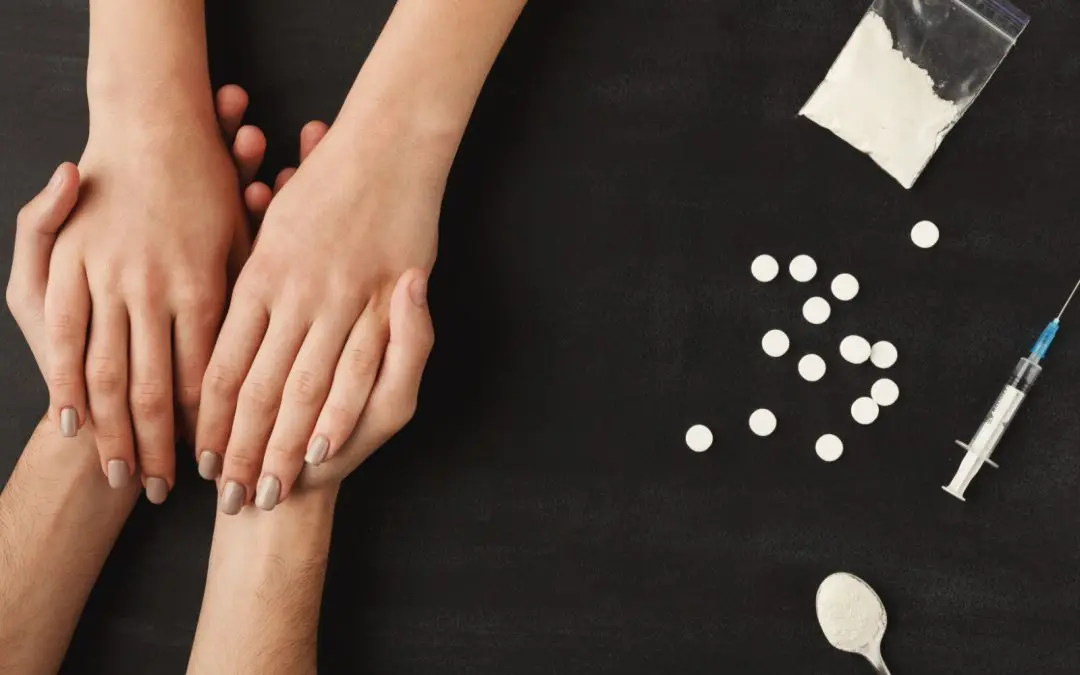24/7 Helpline:
(866) 899-221924/7 Helpline:
(866) 899-2219
Learn more about Opioid Rehab centers in Washington County
Opioid Rehab in Other Counties

Other Insurance Options

UnitedHealth Group

American Behavioral

Optum
Beacon

Lucent

AllWell

Health Choice

Humana

Molina Healthcare

Oxford

GEHA

Carleon

EmblemHealth

CareFirst

Absolute Total Care

Health Partners

State Farm

UMR

United Health Care

Sutter

Grand Lake Mental Health Center
Grand Lake Mental Health Center is a private rehab located in Bartlesville, Oklahoma. Grand Lake Men...

Youth and Family Services of Washington County
Youth and Family Services of Washington County is a non-profit rehab located in Bartlesville, Oklaho...










































Jane Phillips Medical Center – Behavioral Health
Jane Phillips Medical Center – Behavioral Health is a drug and alcohol rehab located in Bartlesville...




































